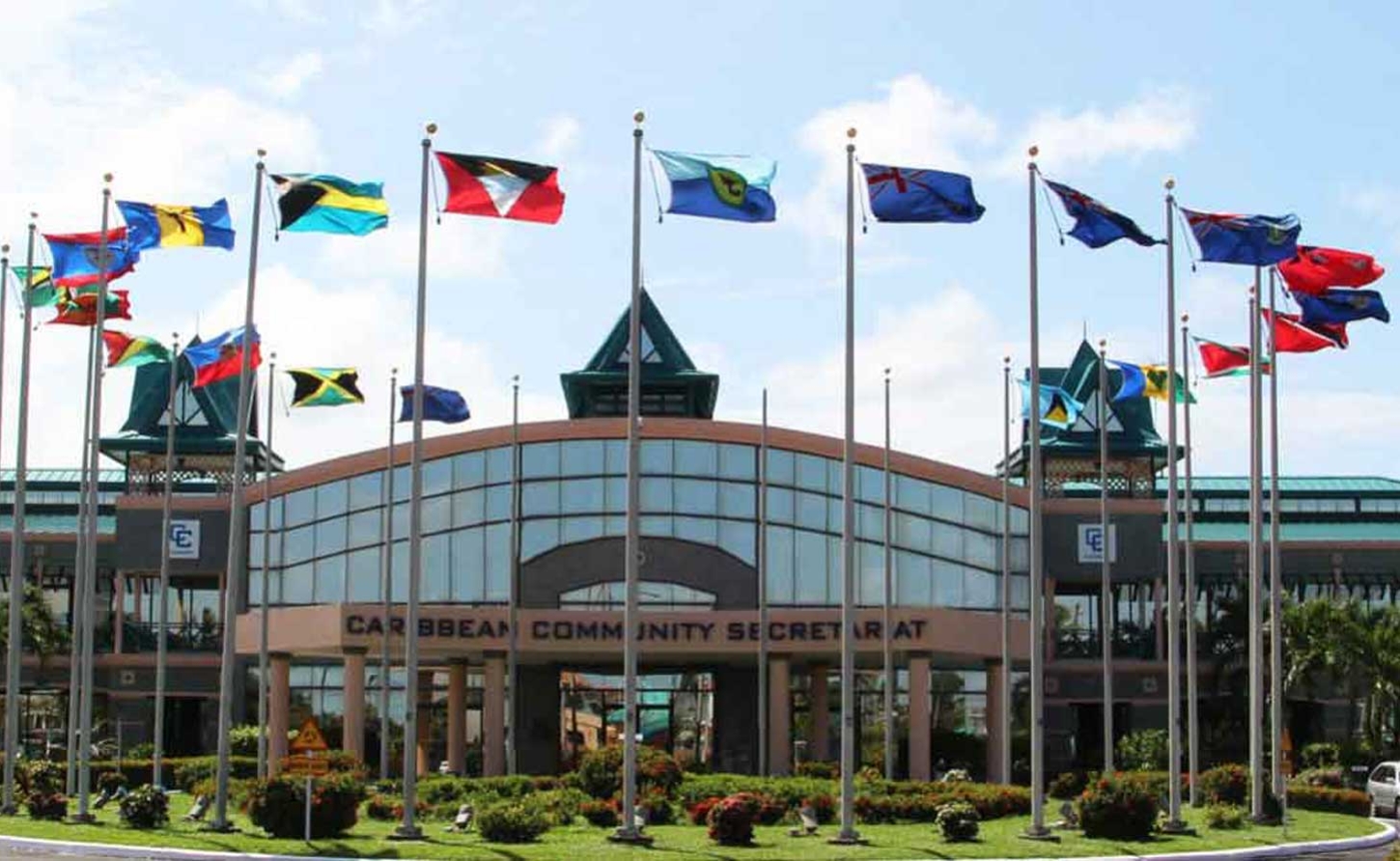CARICOM Welcomes UN Security Council's Enhanced Mandate for Haiti Security Mission

Caribbean Community hails transition to Gang Suppression Force as 'new hope' for violence-plagued nation
Georgetown, Guyana – October 1, 2025 - The Caribbean Community (CARICOM) has welcomed the adoption of UN Security Council Resolution 2793, which transitions the current Multinational Security Support (MSS) mission in Haiti into a Gang Suppression Force (GSF) with a significantly strengthened UN-authorized mandate.
The regional organization described the resolution as providing "new hope for an end to violence and for the restoration of public safety" for Haitians who have endured prolonged suffering under violent armed gangs.
In a statement issued from the CARICOM Secretariat in Turkeyen, Greater Georgetown, the 15-member regional bloc emphasized that the enhanced mandate represents a critical evolution in international efforts to address Haiti's deepening security crisis.
The nation has been gripped by gang violence that has displaced hundreds of thousands, crippled essential services, and left much of the capital Port-au-Prince under the control of armed groups.
The new Gang Suppression Force will operate under a more robust framework than its predecessor, with the resolution establishing a UN Support Office that will provide crucial logistical and operational backing.
This institutional support is designed to facilitate a "considerably larger and better equipped contingent" capable of confronting the sophisticated gang networks that have terrorized Haitian communities.
CARICOM commended the United States and Panama for their roles as penholders of the resolution, acknowledging their partnership in navigating the complex negotiation process that led to the Security Council's adoption.
The designation of these two nations as penholders reflects both hemispheric investment in Haiti's stability and the diplomatic coordination required to secure international consensus on the enhanced mission.
Central to the resolution's success will be sustained financial commitment from the international community. CARICOM issued a direct call for "sustainable, predictable resourcing" to cover GSF personnel costs through contributions to the UN Trust Fund.
This appeal underscores ongoing concerns about the chronic underfunding that has hampered previous international interventions in Haiti, where security missions have often struggled with inadequate resources despite ambitious mandates.
The Caribbean organization paid special tribute to Kenya, which has spearheaded the current MSS mission, expressing "a depth of gratitude for its solidarity and willingness to lead."
Kenyan security forces have been on the ground since mid-2025, operating under challenging circumstances in one of the hemisphere's most dangerous environments.
CARICOM's statement acknowledged that "the commitment and efforts of these men and women towards restoring security, peace and stability in Haiti will not be forgotten."
The Haitian National Police also received recognition for their continued efforts despite facing severe resource constraints, personnel shortages, and direct targeting by gang elements. The local force's collaboration with international partners has been crucial to whatever security gains have been achieved in recent months.
Beyond the immediate security imperative, CARICOM emphasized the political dimensions of Haiti's crisis.
The organization acknowledged the work of its Eminent Persons Group (EPG) in political facilitation efforts, while noting that "hard work ahead" remains to create conditions for "safe, credible elections to restore constitutional order."
Haiti has been without elected leadership since the 2021 assassination of President Jovenel Moïse, operating under transitional arrangements that have struggled to gain legitimacy.
The path to constitutional order requires not just security improvements but also political consensus-building—a process in which CARICOM has positioned itself as a key facilitator.
The adoption of Resolution 2793 represents the international community's recognition that previous approaches to Haiti's security crisis have proven insufficient.
Whether the enhanced mandate and increased resources will finally turn the tide against gang violence remains to be seen, but for CARICOM and Haiti's long-suffering population, the resolution offers something that has been in short supply: hope for meaningful change.
-30-
